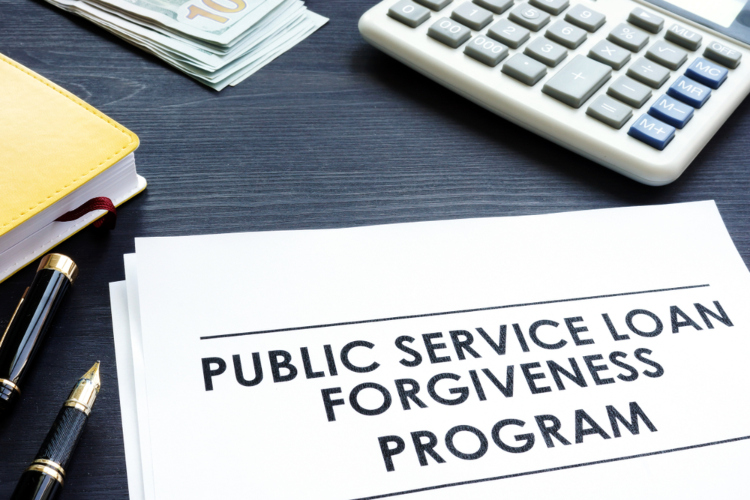Changes announced for public service loan forgiveness; ABA urges government to do more

Image from Shutterstock.
People with jobs that qualify for the Public Service Loan Forgiveness Program can now get credits from previously ineligible loan plans, the U.S. Department of Education announced Wednesday.
Under the new guidelines, loans such as the Federal Family Education Loan Program and the Perkins Loan Program are now eligible for PSLF, according to a news release. However, the New York Times reports that Parent PLUS loans do not qualify for the forgiveness program. Nor do private loans, according to a Forbes column by student loan lawyer Adam Minsky.
Also, the department waived restrictions on the type of payment plan borrowers have. According to the press release, those wishing to avail themselves of these changes must apply by Oct. 31, 2022.
Those eligible for PSLF must be government employees; work for a charitable, nonprofit employer that is tax-exempt under 501(c)(3) of the Internal Revenue Code; or be employed by nonprofits with different tax statuses that provide specific services. Other program changes announced Oct. 6 include allowing active-duty service members to count deferments and forbearances toward loan forgiveness, and automatically providing credit toward loan forgiveness for military members and federal employees, using data matches.
Also, the department will review denied PSLF applications for errors, following various allegations loan forgiveness has been denied to those who qualify. In 2016, the ABA sued the department after it changed its interpretation of PSLF regulations. The U.S. District Court for the District of Columbia lawsuit settled in 2020 after the agency agreed to recognize ABA full-time employees as public service workers who are eligible for student loan forgiveness.
Additionally, in June, the ABA asked the Biden administration to take steps toward making changes to the PSLF program, including canceling or forgiving some level of debt, simplifying the application process and promoting eligibility requirements more clearly.
In a statement, ABA President Reginald Turner described the changes announced Wednesday as a “welcome step.”
“The ABA urges Congress and the administration to consider additional actions, including moves that would forgive some student debt, offer borrowers the ability to refinance loans at lower interest rates and improve the ability of struggling borrowers to seek a bankruptcy discharge for federal student loans,” he said.
According to a recent report on law school debt published by the ABA’s Young Lawyers Division and the AccessLex Institute Center for Legal Education Excellence, 19.4% of respondents indicated they were in the PSLF program. The report, released during the ABA’s Student Debt Week of Action, centered on a survey of more than 1,300 YLD members, under the age of 36. Most young lawyers who had student debt reported it caused them to delay or forgo traditional milestones such as buying a home, getting married or having children.
See also:
ABAJournal.com: “If Biden approves loan forgiveness, what could it mean for law school debt?”
Write a letter to the editor, share a story tip or update, or report an error.


